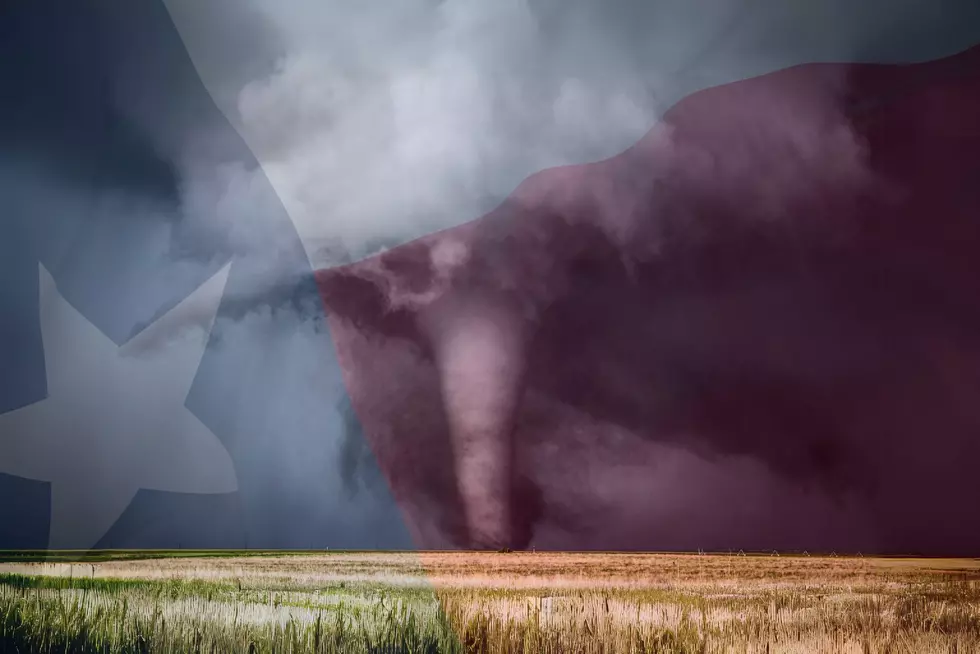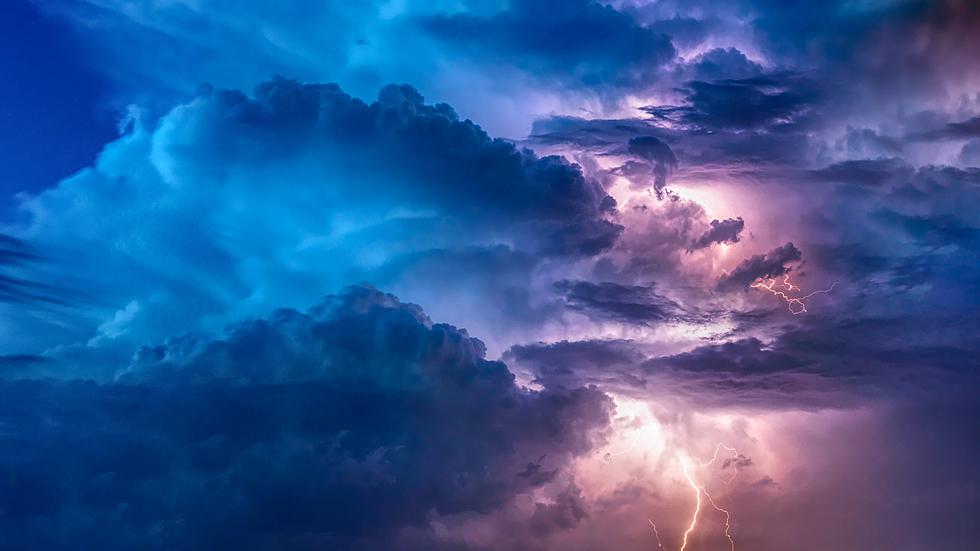
“Would You Entertain the Notion Of Storm Chasing?” No…Especially Not In The Panhandle & Here’s Why
Last night, I'm texting with one of my fellow colleagues and she brings up the fact that she felt it was tornado weather worthy last night. Keep in mind, there had been a bit a rain and it seemed rather calm and muggy outside at night, but that's not something I wanted to hear at 9:45pm before I'm getting ready to head to bed.
She mentioned to me that we get strong storms, but rarely tornadoes here. I responded with "I'm all about strong storms, not feeling the tornado thing". That's when she asked if I'd ever think about doing some storm chasing...and I promptly responded with no. A couple of the strongest tornadoes in Texas history have rolled through too close to here, and with my luck, I'd end up chasing something similar.
Tornadoes have a strength system, much like hurricanes. They start at an EF0, a weak tornado with wind speeds of 65-110 mph. It ranges up to an EF5, a violent tornado with wind speed ranging from 166 mph and higher. Let's take a look back at the 2 tornadoes that caused massive destruction around the panhandle region.
THE WICHITA FALLS TORNADO - APRIL 10, 1979
If you were around for this one, you no doubt remember the disaster it left behind. According to the National Weather Service, this was the 5th most destructive tornado in Texas history. Classified as an EF4 tornado, this twister touched down near the town of Holliday first destroying some homes and businesses. Not getting it's fill of death and destruction, it continued it's path right into Wichita Falls. Once it arrived there, it set it's sites on Memorial Stadium and McNeil Jr. High, causing severe damage to both structures. It ventured into the residential portion of the city where it took out a shopping center and some vehicles. Still ferociously spinning at this point, it jumped across US 287 to grab a few more vehicles and continued it's path all the way into Oklahoma. At it's peak, this tornado spanned a width of 1 1/2 miles. When it was all said and done, it caused 42 deaths in Wichita Falls alone, and 25 of those deaths came from the aforementioned vehicles it wiped out. Couple that with 1,700 injuries, 3,000 homes destroyed and leaving approximately 20,000 people homeless and you have one of the most devastating tornadoes to roll through the region.
THE LUBBOCK TORNADO - MAY 11, 1970
While not as bad as the Wichita Falls twister, this one was no slouch. While it didn't make it as a top 10 tornado in Texas, it was right there. It was ultimately rated as an EF5, so the most violent tornado you can see based on the rating scale. It touched down just east of the Texas Tech campus and rolled along for a whopping 8 miles ON THE GROUND before finally lifting up into the sky. It wiped out over 1,000 homes and apartment dwellings, wiped out a whopping 10,000 vehicles and took out over 100 aircraft. While the physical damage it cause is staggering, thankfully the human life aspect wasn't as devastating as the Wichita Falls tornado. 26 people lost their lives in this one and there were around 500 injuries reported as a result of this twister.
So no, I will not storm chase...not here, not there. I'm trying to get as far away from something like that as I can, not get closer and tempt fate with it, but thanks for asking. Feel free to read up on the rest of the top 10 Texas tornadoes here.
LOOK: The most expensive weather and climate disasters in recent decades
KEEP READING: What to do after a tornado strikes
More From Mix 94.1









